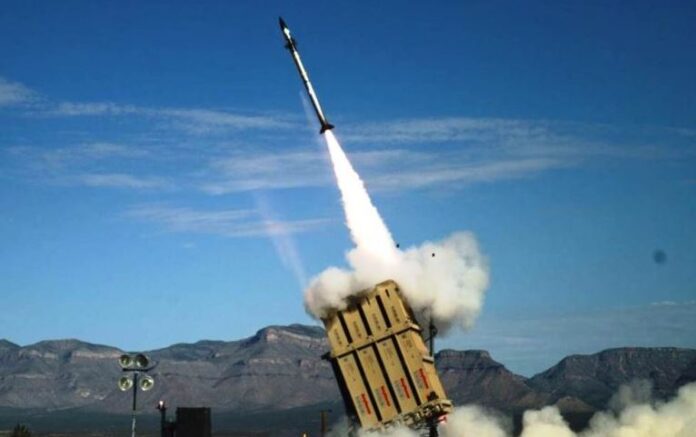Israel may face a critical shortage of missile interceptors within its air defense systems, as prolonged conflicts in Gaza and Lebanon strain resources, and concerns grow over a possible escalation with Iran, the Financial Times reports.
Experts and former military officials have noted that Washington is actively aiding Israel to mitigate the situation. However, Israel could soon be compelled to make difficult decisions on which threats to prioritize as it seeks to safeguard its territory.
Dana Stroul, a former U.S. defense official, emphasized the severity of the situation: “Israel’s munitions issue is serious. If Iran retaliates following an Israeli strike, and Hezbollah becomes involved, Israel’s air defenses will be stretched.”
Boaz Levy, CEO of Israel Aerospace Industries, which manufactures missile interceptors, highlighted the industry’s efforts to meet demand: “Some of our production lines are operational 24 hours a day, seven days a week. Our goal is to fulfill all our obligations.”
Key Points:
- Missile Interceptor Shortage: Israel faces a potential shortage of interceptor missiles due to ongoing conflicts in Gaza and Lebanon, and concerns over possible conflict escalation with Iran.
- U.S. Assistance: Washington is aiding Israel to address this shortage, though Israel may need to prioritize which threats to defend against if resources are limited.
- Strained Air Defenses: Experts warn that Israel’s air defenses could be stretched thin if Iran retaliates and Hezbollah joins the fray.
- Increased Production Efforts: Boaz Levy, CEO of Israel Aerospace Industries, indicates that some production lines are running continuously to meet defense commitments.



